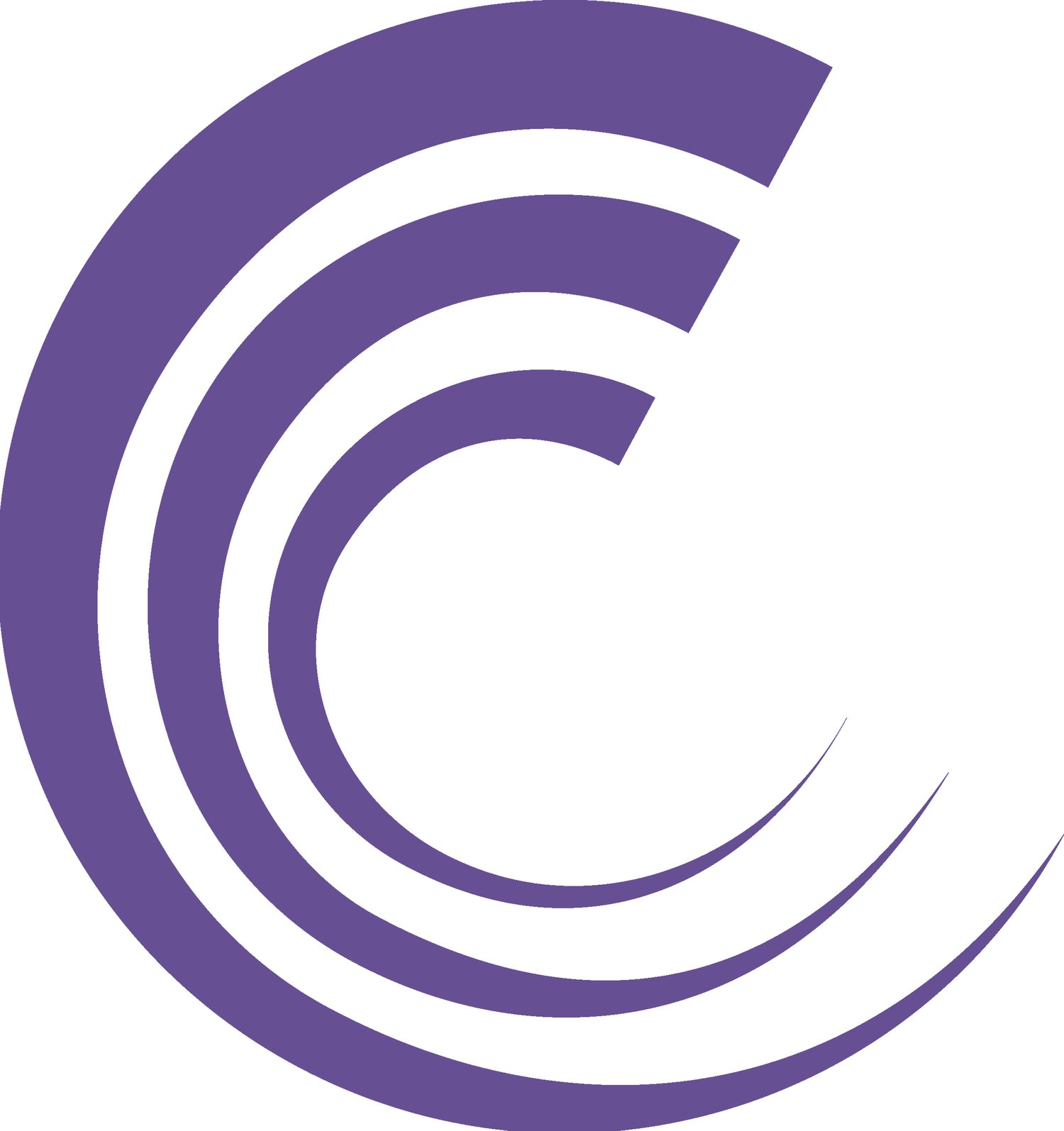Education Program
About the Program | Admissions | Licensure | Curriculum | Courses | Faculty | At Large | At Large Courses
General Overview of Illinois Licensure Requirements
The following is a presentation of licensure requirements as they have been communicated to us through meetings with Daniel Stasi, Executive Director of the Illinois Mental Health Counselors Association (IMHCA) and through consultation with requirements posted on the IMHCA website.
In order to be licensed in the state of Illinois as a Licensed Clinical Professional Counselor, students must complete the following courses (CRPC offers the courses listed in bold):
Human Growth and Development
Counseling Theory
Counseling Techniques
Practicum
Internship
Professional, Legal, and Ethical Issues in Counseling
Social Cultural Foundations of Counseling
Group Dynamics, Processing and Counseling
Appraisal of Individuals
Research and Evaluation
Lifestyles and Career Development
Substance Abuse
Maladaptive Behavior and Psychopathology
Family Dynamics
In addition to coursework, students must also complete 1,000 supervised hours of practicum and 600 supervised hours of internship work. At least 40 face-to-face direct client hours are required for the practicum. These requirements should be completed within a degree program in no less than 48 graduate credit hours and two academic years.
CRPC provides the institutional framework to complete the total 700 practicum/internship hours, as well as mandatory supervision and 7 licensable courses; these courses provide 25 of the 48 required graduate credit hours mentioned above. The remaining courses should be completed and credited toward your degree program in order to sit for the licensure exam.
Master’s level students seeking LPC licensure must complete 3360 hours of supervised experience in no less than two years before s/he may sit for the LCPC exam, 1920 of which must be in the face-to-face client hours.
Ph.D. or D.Min. students seeking LCPC licensure must complete 1680 hours of internship work before sitting for the LCPC exam.
